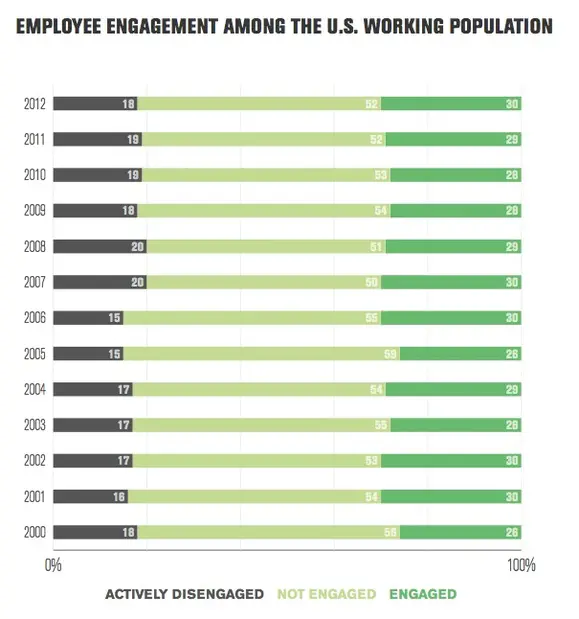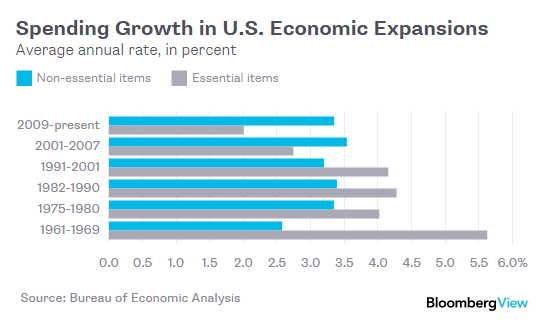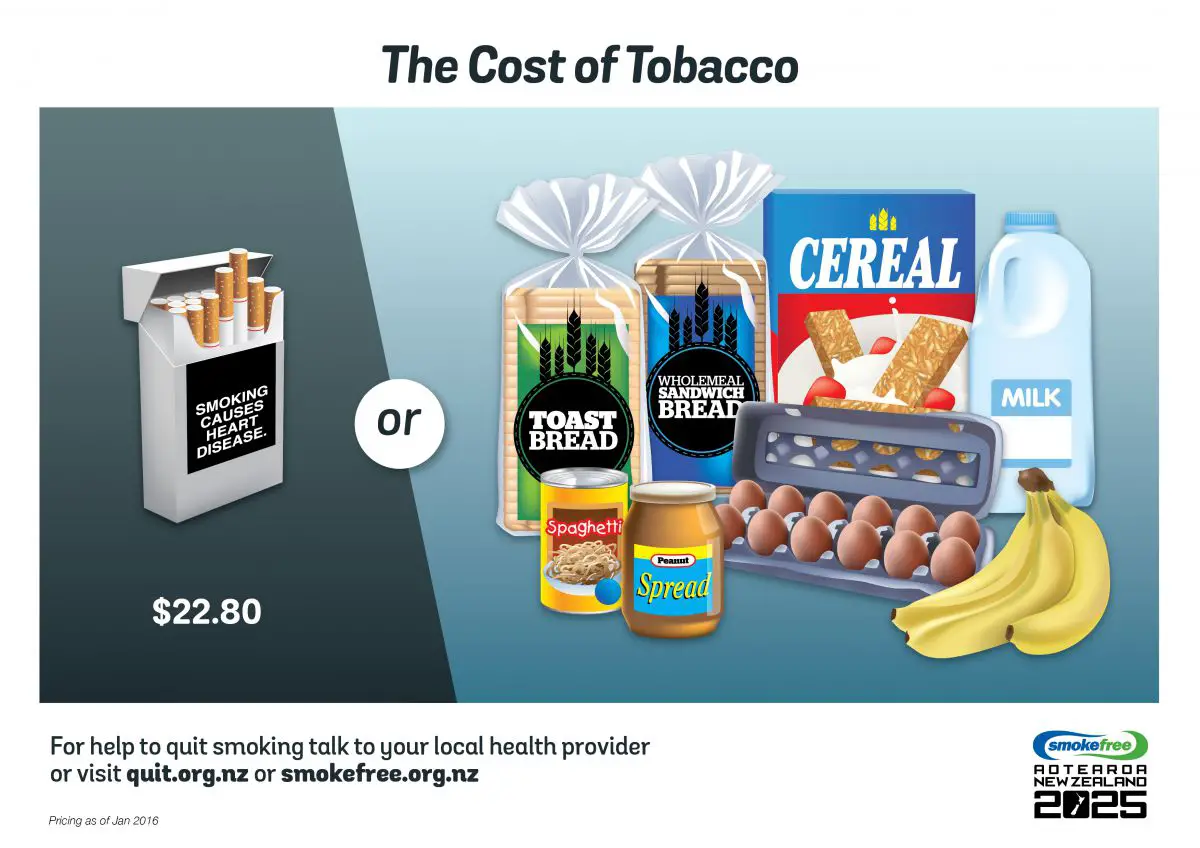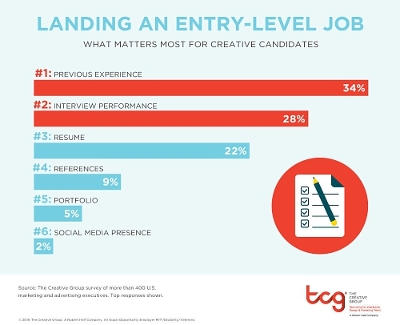How many of us dream of a job full of comfort, flexible work hours and lots of foreign trips? All of us. When we are studying, most of us structure our life in such a way that the moment we graduate, we should land a job with good pay. But is it as easy as it sounds?
Due to a large number of unemployed and incessant graduates, getting jobs has become much more difficult. Competition has increased in the market, and people even with good degrees fail to find a job as per their capability.
There has been a shortage of jobs matching the person’s skills. Six in every ten UK graduates are doing a job which is not at par with their skills and degrees. They are overqualified for the work they are doing. As innumerable graduates cannot find jobs, they are forced to work for low-paying jobs. In the year 2011, around 10,270 graduates were found working as waiters, bar staff, road sweepers and doing other menial jobs. The recession of 2007 was a major factor contributing to the lack of good jobs for college graduates.
Among the 100 million Americans that were working full-time in 2010-2012, 70 million workers either ‘checked out’ or hated their job. One of the major factors for such despondency towards one’s job is low wage. Here is what the statistics of the Gallup survey found out:

Since there is no escape from the menial and low-paying jobs for most of us, it has become important to understand what they can teach us. These jobs can form the foundation of a gleaming career.
It is not possible for many people to get a grand job early in their career, so they should use the menial jobs in order to understand some life lessons and gain experience to face any obstacles. Here are 5 important lessons that you can learn from working at menial jobs.
1. The value of money – Money doesn’t grow on trees
Money cannot buy happiness, but it is important for the survival and continuity of the human race. It gives independence to a person and helps him to live a life as per his wish. But many people who have not worked too hard to earn money don’t value it. They spend money on the most futile of things, and don’t know how to use it in the best way possible.
As per a study published in Bloomberg, the money spent on unnecessary stuff by people has increased by 3.3 percent since mid-2009. It might be a sign that most of the wealth is accumulated in the hands of rich people when the middle and the lower class are still struggling to make ends meet.

In fact, the luxury market in the U.S. has been increasing at a constant rate. 33% consumers are buying luxury products, whereas the people who aspire to buy luxury products outnumber the luxury buyers by 8%. One of the main reasons for such a vast luxury market can be the need to maintain a status quo and to show-off.

Lots of money is being spent on fatal habits like smoking. When their pay is already less, people squeeze out some more money in order to provide themselves a daily dose of nicotine. But how much of a responsible act is it to spend money on habits that are not only expensive but leading you to dangerous diseases like cancer?

Each cigarette reduces your lifespan by 11 minutes.
As you will perform menial jobs, you will not have enough money to spend on either unnecessary stuff or luxury products. It can be both good and bad. It’s bad because you will not be able to gratify your senses by buying the products you desire. But it’s good because you will learn to manage your finances wisely and spend money only on those produces and stuff that is needed for survival.

All life demands struggle. Those who have everything given to them become lazy, selfish, and insensitive to the real values of life. The very striving and hard work that we so constantly try to avoid is the major building block in the person we are today.
2. The ‘No work is big or small’ philosophy
Jobs like being a manger in a company or working as a CEO are considered grand—not only in terms of money but also because of the reputation and respect they bring. But many people fail to see any good aspect in a menial job, and because of that, they don’t feel the same kind of happiness while doing a so-called small job.
For example, working in McDonald’s is considered degrading to the point that many people study just because they don’t want to end in a restaurant like McDonald’s, flipping burgers.
It’s estimated that 1.7 million people are working in McDonald’s restaurants across the world.
Having big dreams is really important for your development, but it should not be done by devaluing small jobs at the same time. A person should learn to see the positive aspect of a low paying job like that of McDonald’s. The gentle workers and their delectably-made burgers are the reason you visit your nearest McDonald’s every day and soothe your tickling taste buds.
Around 91,500 people are working in around 1200 McDonald’s restaurants across U.K. 42% employees of McDonald’s are under 21. McDonald’s is one of the biggest companies to hire first-timers. In fact, many people start their career with McDonald’s.
No job can degrade your status, as every job gives you something to learn. It’s a myth that once you start doing a small job, you get stuck in it and block all your paths.

If you take care of the small things, the big things take care of themselves. You can gain more control over your life by paying closer attention to the little things.
Reed Hastings is the co-founder and CEO of Netflix. Do you know that he started his career as a vacuum cleaner salesman? He didn’t consider the work small for his giant brains, but simply did it because he considered it to be the stepping stone to the vision he had in his mind.
3. Stress is a killer; don’t be the victim
Stress has always been a prominent source of unhappiness for a majority of people. Most of the suicides among the middle-aged at workplace happen due to job-related and financial stress. Suffocation is one of the widely used methods for suicide. In the year 2009, Canada faced 3,890 cases of stress-related suicides. Even in the U.S., the rate of suicide among the workers within the age bracket of 35 to 64 has increased by 40% since 1999.
Karoshi is the term used in Japan for death due to stress caused by overwork.
As per the American Journal of Epidemiology, many people are dying due to work-related stress caused by unhealthy lifestyle, high blood pressure and long working hours. All these factors have led to an increase in the probability of deaths due to heart diseases by 67%. In fact, due to working for more than 8 hours a day, the risk of stroke rises by 33%.

People do not know how to handle stress and anxiety which leads to such drastic consequences. Various methods like meditation and yoga should be followed to relieve stress. Author J. David Creswell led a study in which people who meditated for 25 minutes for the next 3 days, showed less stress during a test. Meditation has also proved useful in managing anxiety disorders. In a study published by Sara Lazar at Harvard in 2011, it was proved that mindful meditation leads to changes in the brain.
Scientific studies have even proved that art can help you to reduce your stress levels drastically. You do not have to be as talented as Leonardo Da Vinci but must use art as a form of self-expression. It was seen that just after 45 minutes of creative activity, participants admitted to having low stress levels and feeling more relaxed.

If you ask what the single most important key to longevity is, I would have to say it is avoiding worry, stress and tension. And if you didn’t ask me, I’d still have to say it.
4. Flexibility is the pathway to success
Most of us would like to settle in a secure job with a regular pay, and it is deemed as being successful. But many a times, you have to do various jobs in order to finally settle down with a job you deserve. You might not find the security of a regular job, but it makes you much more flexible and adds more skills to your resume.
An average American changes his job in every 4.4 years. An average American man does around 11 jobs in a lifetime whereas an average American woman changes 10.

The measure of a person’s strength is not his muscular power or strength, but it is his flexibility and adaptability.
In fact, as per a report by CNN, by the time you will reach 32, you would have changed at least 4 jobs. Most of the workers who hop from one job to another belong to media, government and non-profit organizations.
A stable profile is required to land a good job, so you must not leave the job just for the sake of leaving it. If you see brighter prospects ahead of you and you know that you can do well under the pressure of having no financial security, only then is it advisable to explore your field and the jobs it offers.
Don’t be afraid to start from scratch.
It is only through sheer dedication and creativity that you can reach the top. The founder and CEO of Dell, Michael Dell, started as a dishwasher in a Chinese restaurant. Then he got promoted to the position of water boy. After that, he got employed in a Mexican restaurant. Such jobs not only made him aware of different cultures and languages but also made him adaptive to different environments.
Do you know that Michael Dell today has a net worth of 20.4 billion USD?
5. Welcome to reality: No one cares about your degrees but what you can offer
Your real-life experience holds greater value than your degrees, percentages or awards. As you step into the real world and learn everything practically, it not only expands your mind but gives you new ways to deal with people, harsh environments and obstacles. Such lessons are valuable not only to live a healthy life but to be successful in your career as well.

You must focus on honing your skills and experimenting with new and different things. Shape your passion and start investing your time in it, as that is how you gain experience. As per a research by The Creative group, the most important factor in landing an entry-level job is previous experience.

You spend most of your life working and trying to hone your craft, working on your chops, working on your writing, and you don't really think about accolades. Then you get a bit older and they start coming your way. It's a nice pat on the back.
Duncan Walker Bannatyn, a Scottish entrepreneur, has a net worth of £122 million. He started with an ice-cream van worth £450. He expanded the business and had a turnover of £350,000 a year but sold it later. He has gained knowledge and is investing in spas, hotels, health clubs and media now.
Duncan Bannatyn has a keen interest in business, so he kept experimenting in this field. It not only gave him an idea regarding how a business has to be managed, but he learnt how to handle money and how to go about investing it properly.
Dun Bannatyn holds an OBE for his charitable works.
Conclusion
As you enter into the real world, you must be ready to do any job with ease. The initial years can be full of struggle, but it doesn’t mean that you will never progress.
Consider the menial jobs as the beginning of a career that holds immense potential.
Keep an optimistic attitude while doing any menial or low-paying job, as it’s your attitude which makes the biggest difference. If you jump into a job with a negative frame of mind, you will neither increase your skills nor will the experience help you in any way.
Stay neutral towards jobs.
Don’t segregate them on the basis of their salary or reputation. Just because a particular job is viewed as degraded by society because it cannot build your status quo, it doesn’t mean that it can’t help you.
Keep your focus clear: You are in a learning mode and whatever is being taught to you by any job holds importance.
Are you ready to handle a menial job with enthusiasm?

